-
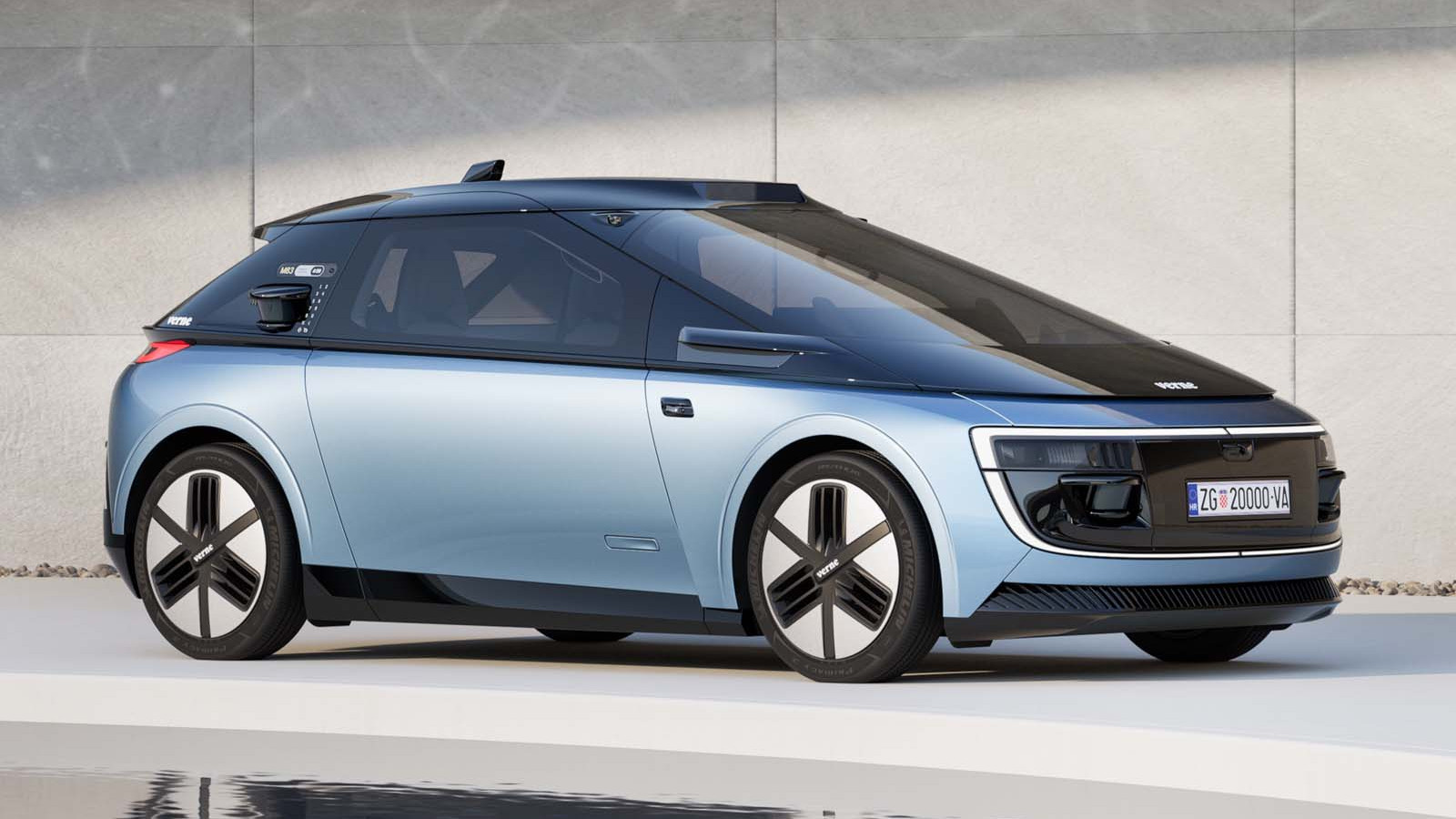 © Verne
© Verne -
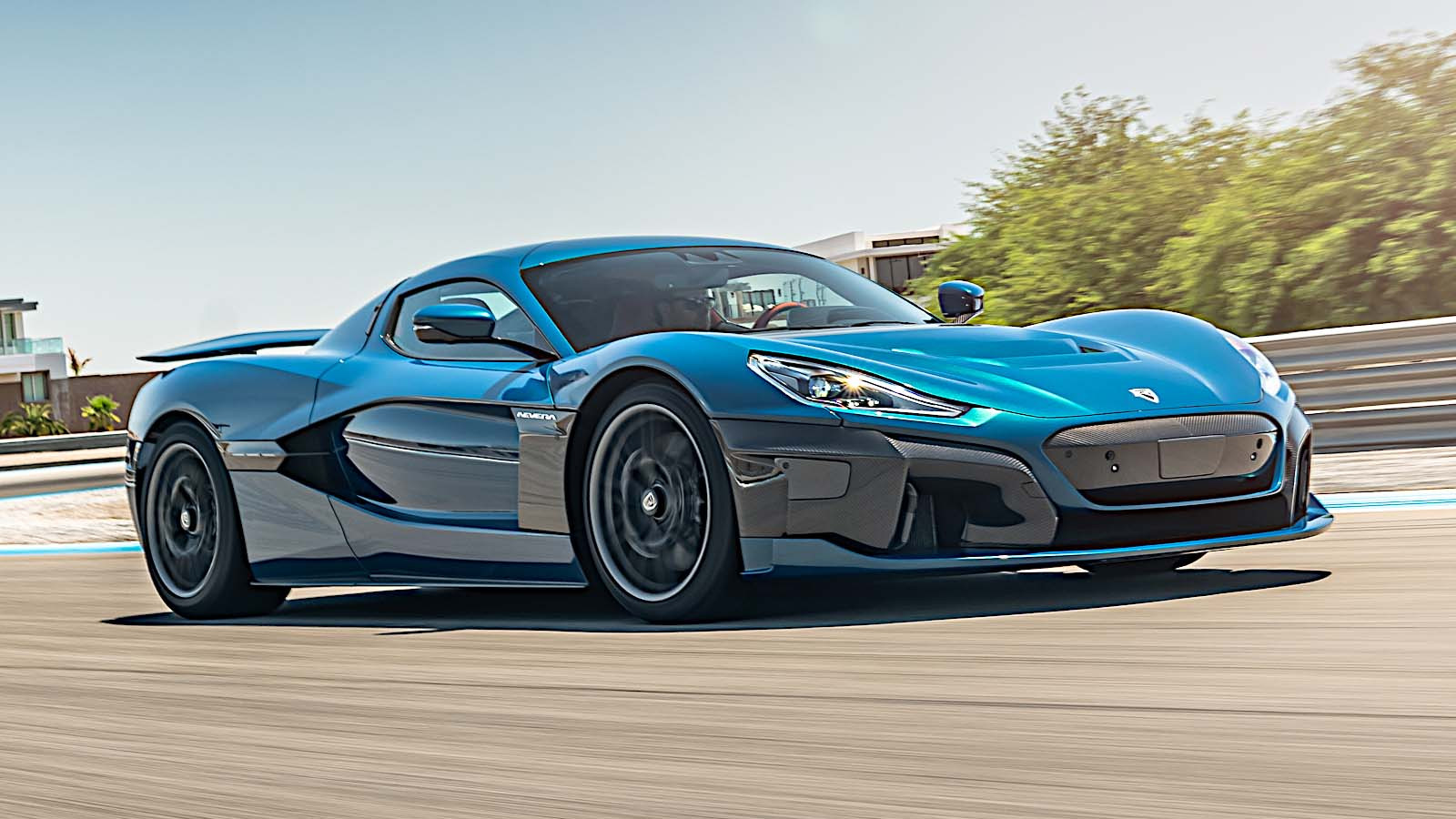 © Rimac
© Rimac -
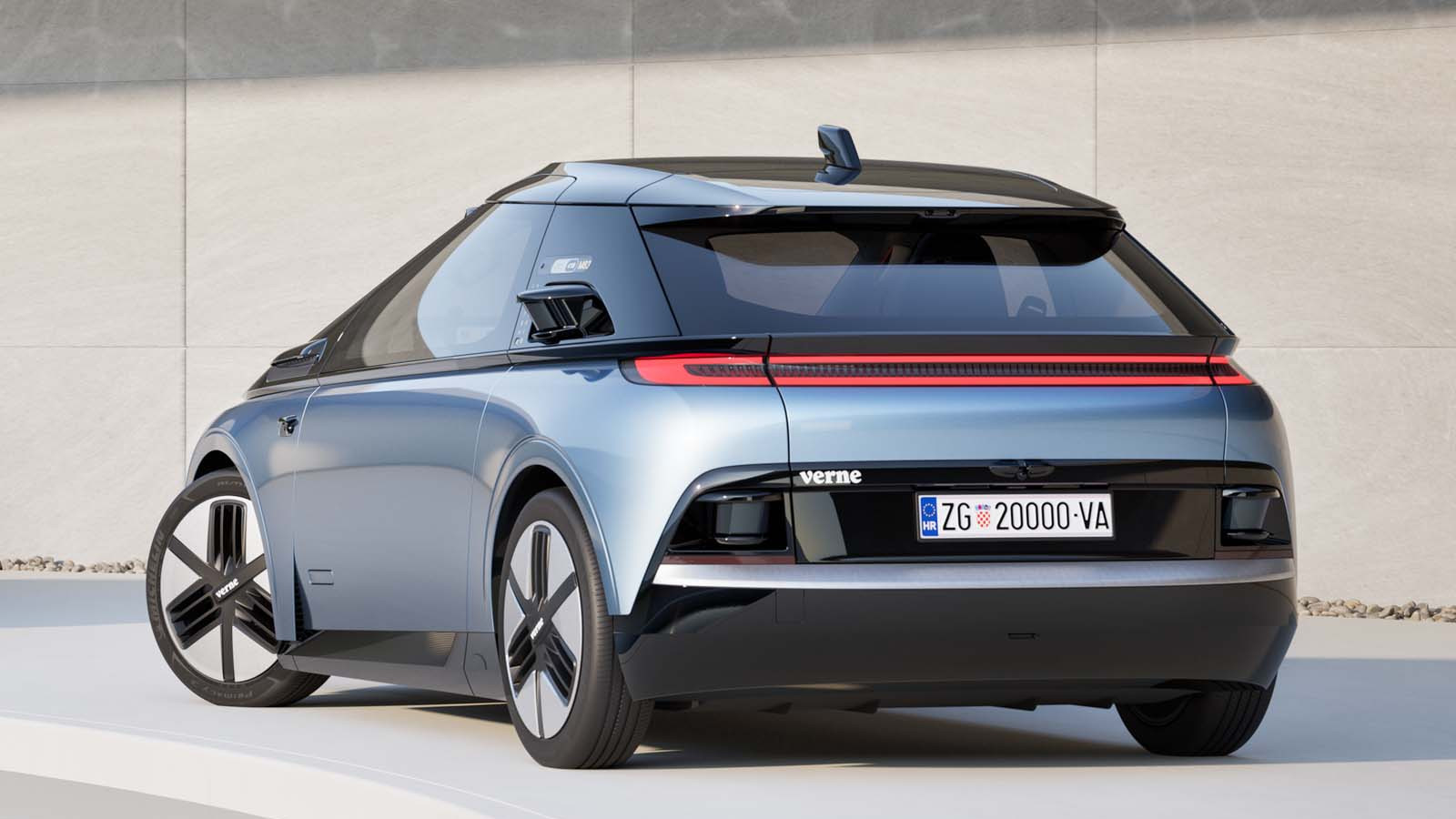 © Verne
© Verne -
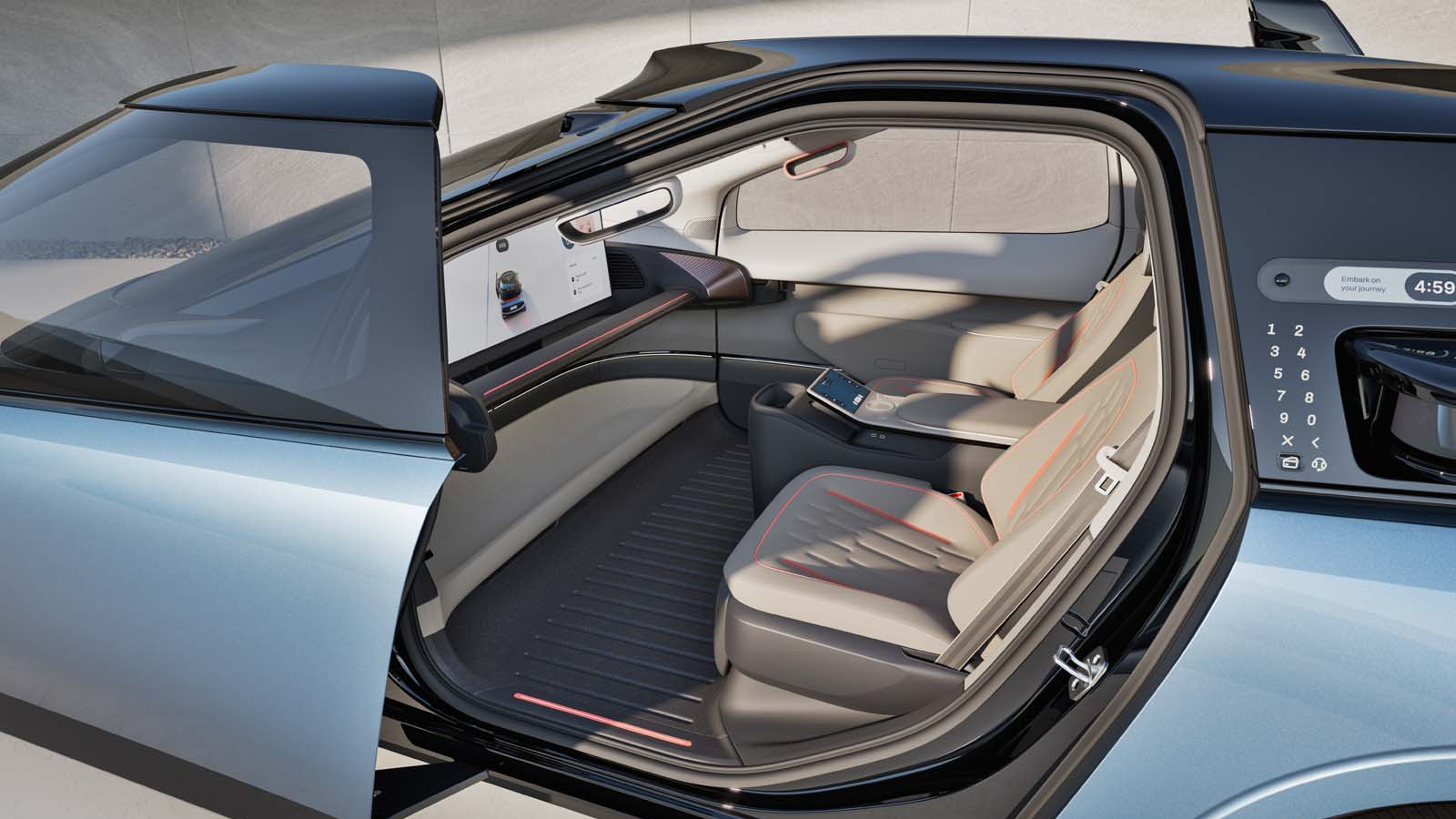 © Verne
© Verne -
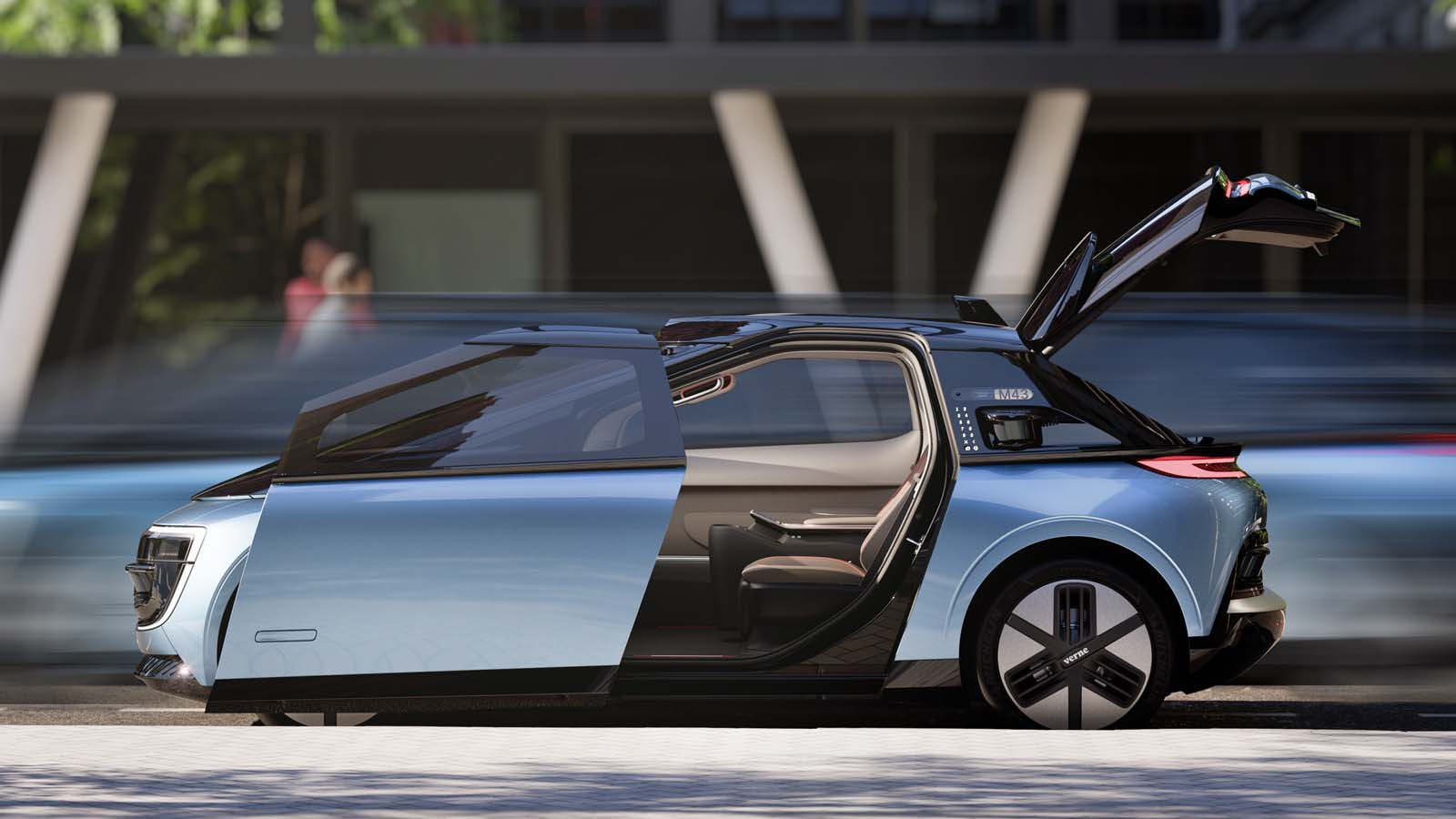 © Verne
© Verne -
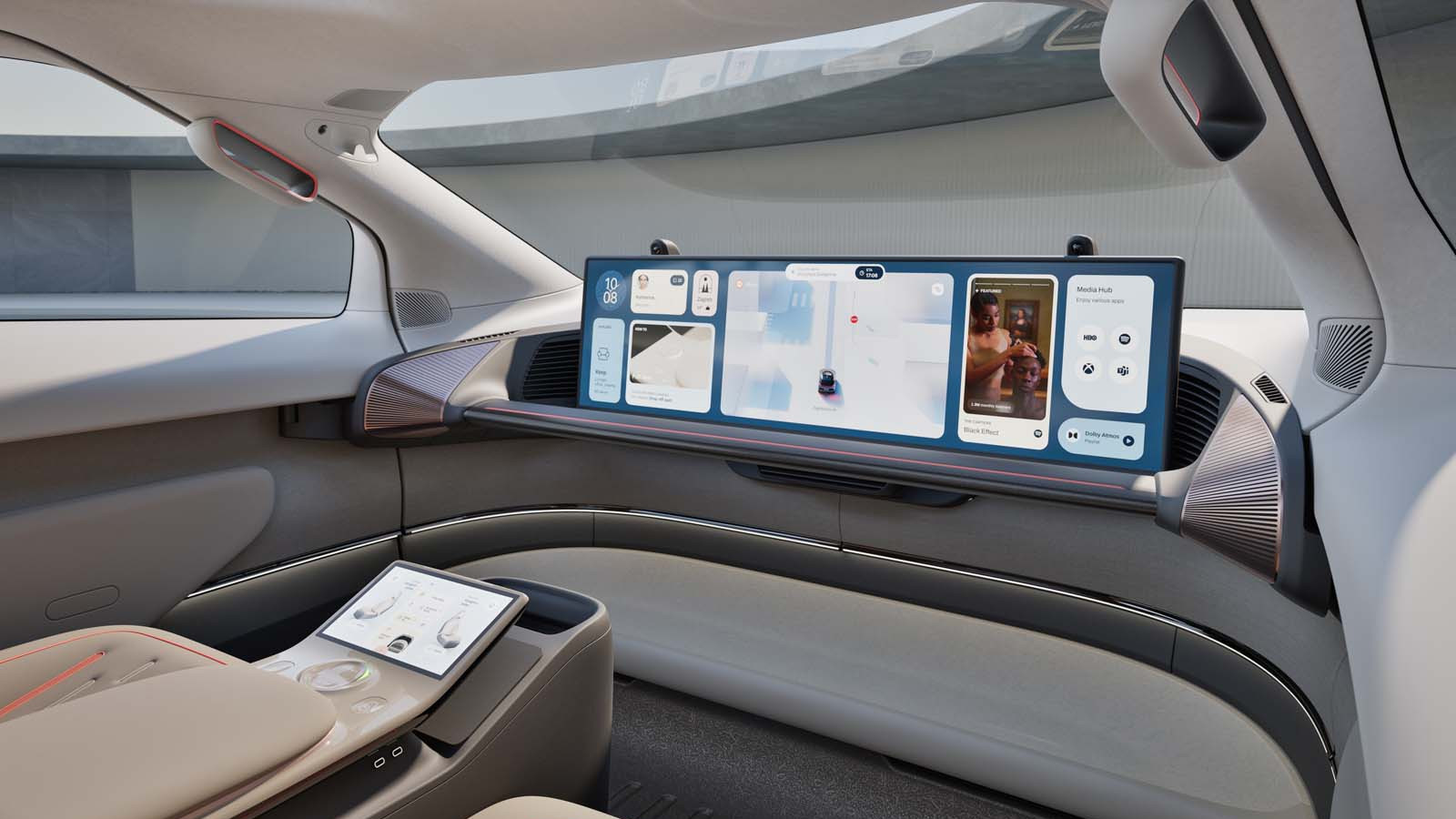 © Verne
© Verne -
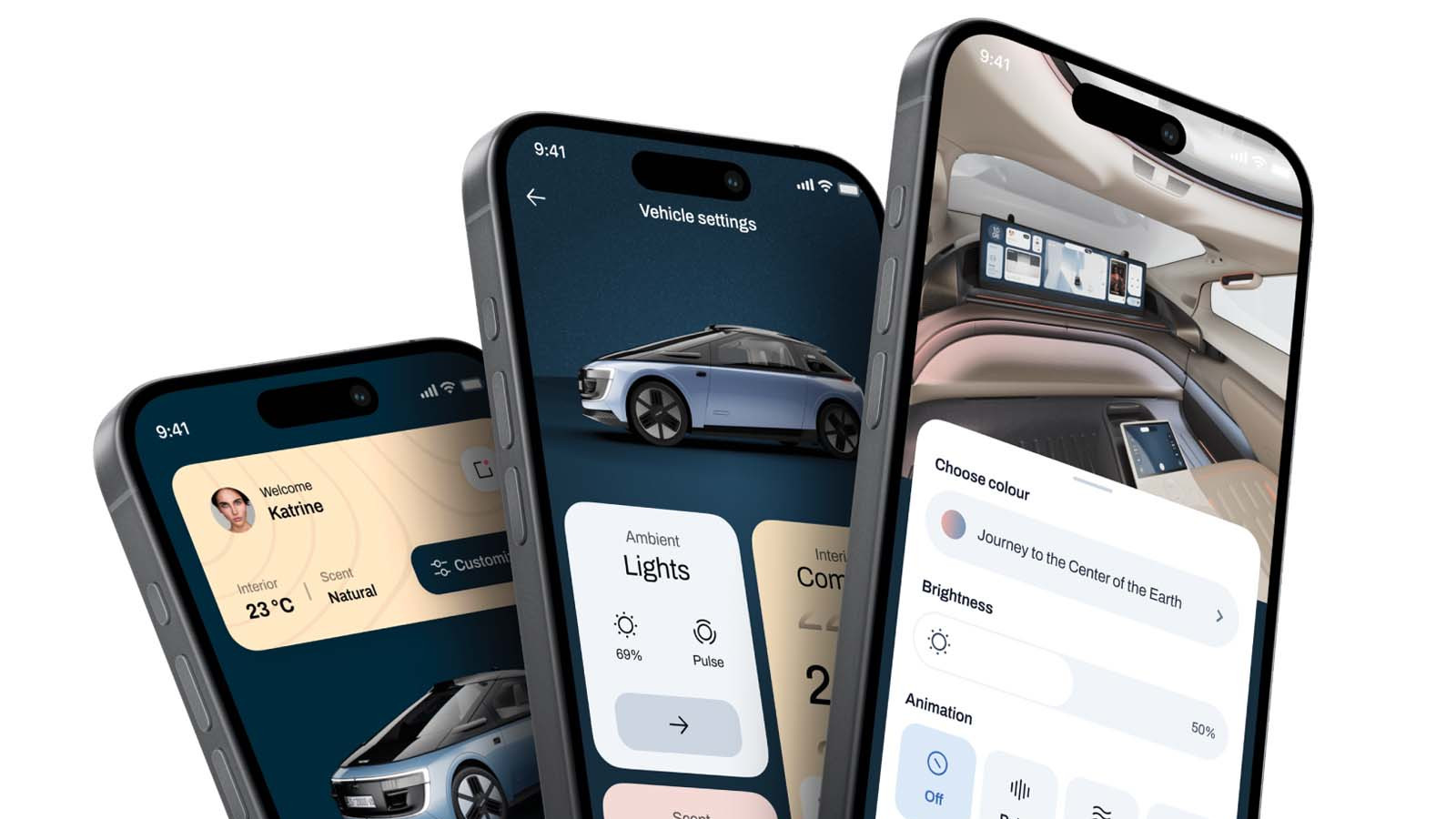 © Verne
© Verne -
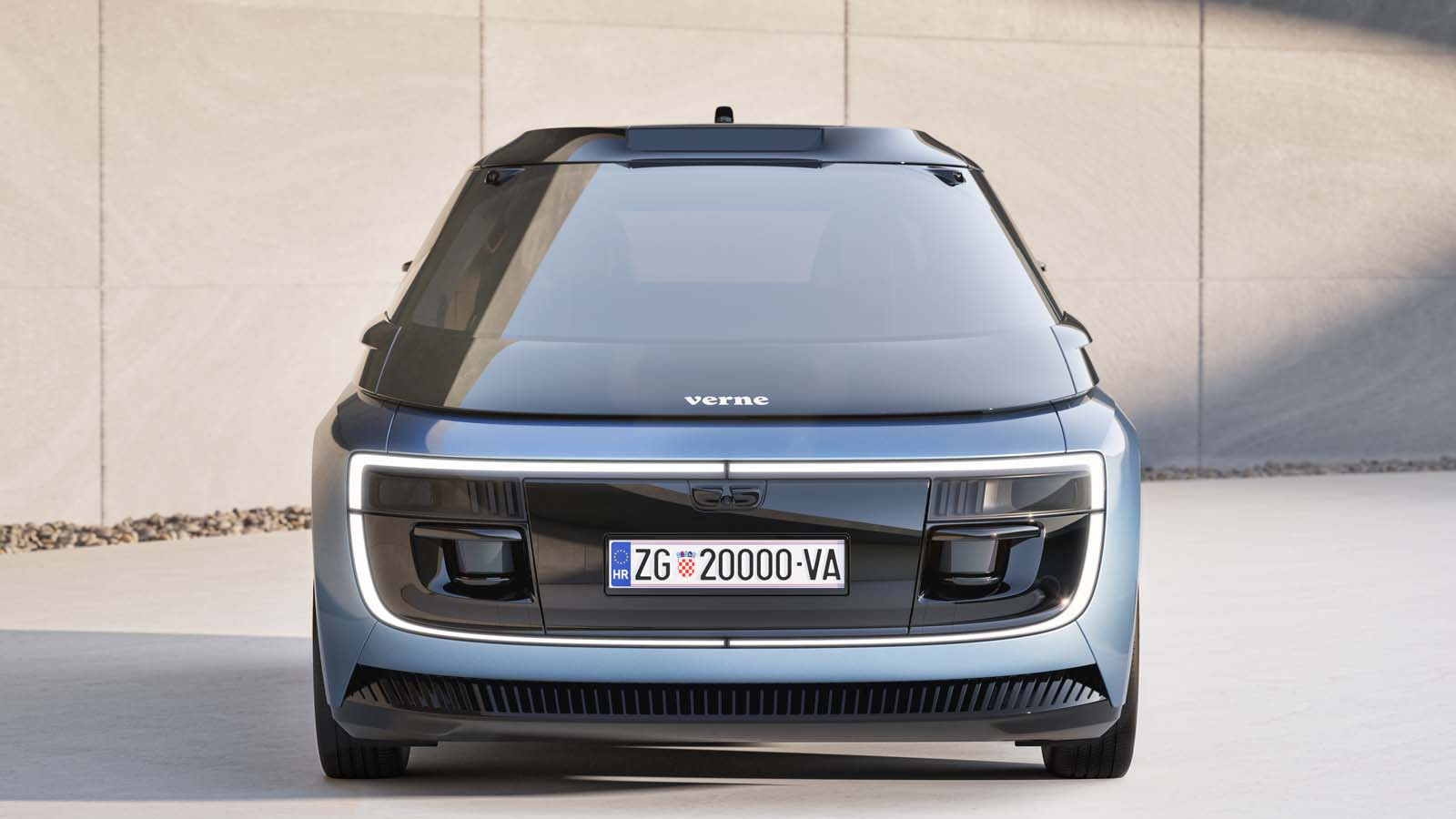 © Verne
© Verne -
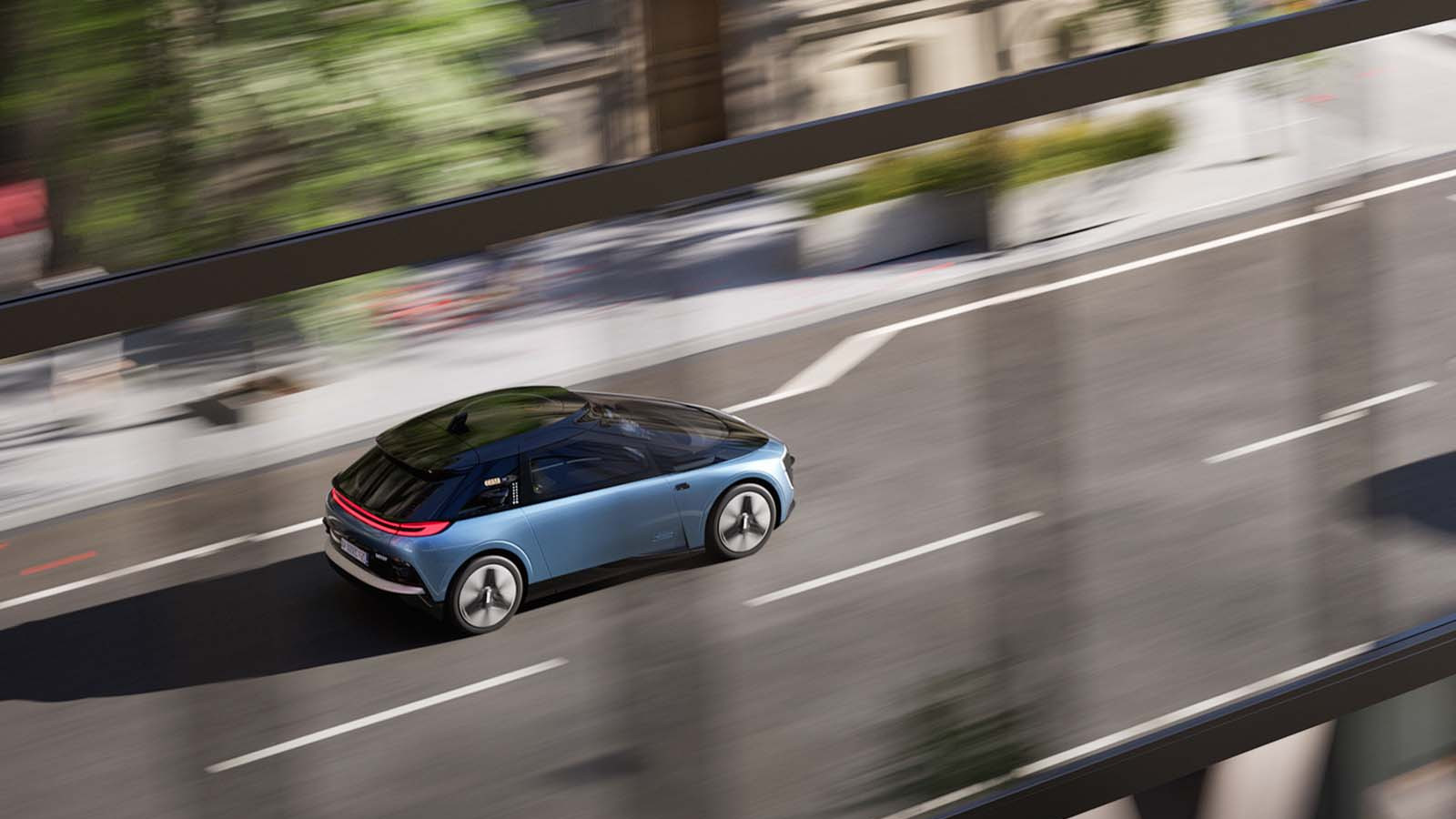 © Verne
© Verne -
 © Verne
© Verne
-
Croatian hypercar brand Rimac is hoping to revolutionise the autonomous vehicle industry with a new 'robotaxi' service called Verne, which is planned for commercial operation by 2026.
-
The move is a radical departure for CEO Mate Rimac and his innovative EV brand, which is best known for the radical 1874bhp Nevera electric hypercar.
-
Rimac’s expansion into the mass-mobility market has been on the cards for some time, previously under the Project 3 Mobility banner.
Now called Verne after science fiction novelist Jules Verne, Rimac Group plans to launch a two-seat electric 'robotaxi' to transport people around cities in Europe.
-
Designed by Adriano Mudri – the creator of the Rimac Nevera Hypercar – the nameless electric hatchback rides on a new bespoke platform that focuses on “safety and comfort”.
Space was also an important element in the design process, with Verne claiming that its new two-seater has “more space than a Rolls-Royce”, thanks to its lounge-like feel. The extra large seats also have five different levels of comfort to allow passengers to “relax and rest”.
-
Large sliding doors admit you to the cabin, and were chosen so that the vehicle would not obstruct the flow of traffic, while also making it easier to climb in and out of.
-
In front of the passengers is a huge 43in ultra-wide display which shows information on the journey, while also doubling as an infotainment screen for watching movies and music streaming.
Passengers control the screen using a touchpad between the seats. You can also control what Verne calls ‘The Median’, a physical switch which can be used to start and stop the ride to give travellers control over the vehicle.
-
The firm has created a ride-hailing smartphone app for users to book a taxi. Verne claims that all journeys can be personalised, with passengers able to pre-condition the car’s temperature before it arrives.
Verne also says that if you book a taxi, it won’t be cancelled.
-
Riding on a bespoke electric platform, the Verne EV uses autonomous driving software that was co-developed with Intel-owned firm Mobileye, which has been linked with the likes of Volkswagen Group to support their development of driverless cars.
-
Verne says its new vehicle will stand out in cities thanks to the proportions of the vehicle, with its unique shape optimising aerodynamic efficiency.
Designer Mudri said the firm was able to create a “very sleek design” despite having to integrate the cameras, radar and lidar sensors.
-
Verne’s new electric vehicle will be built in Croatia, with the firm set to launch the service in Zagreb in 2026. The UK and Germany are set to follow a year later.
Every city Verne operates in will get a ‘mothership’, a specialist facility where the vehicles will be maintained and charged daily.
